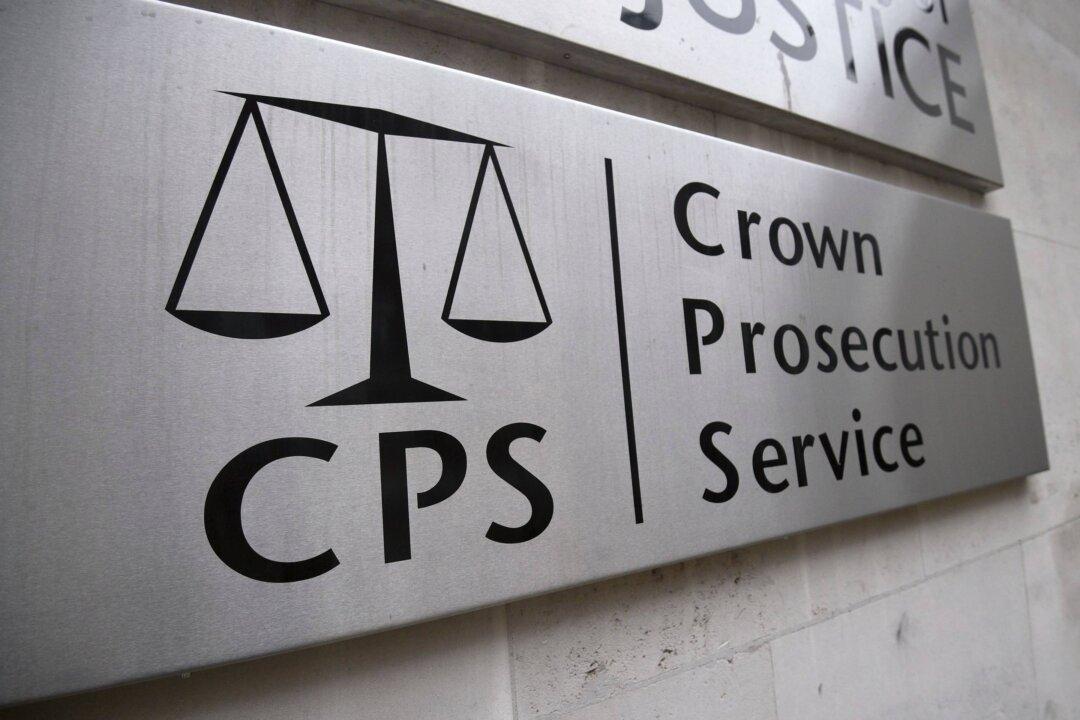A scathing think tank report says the Crown Prosecution Service (CPS) has been “captured” by radical trans ideology which is putting women and children at risk.
Policy Exchange has accused the prosecuting authority for England and Wales of having been “unduly influenced” by controversial LGBT charity Stonewall in its guidance about domestic abuse.





